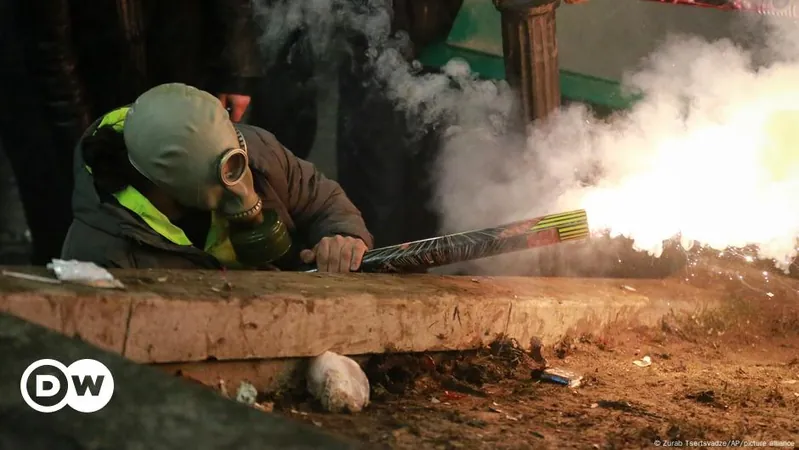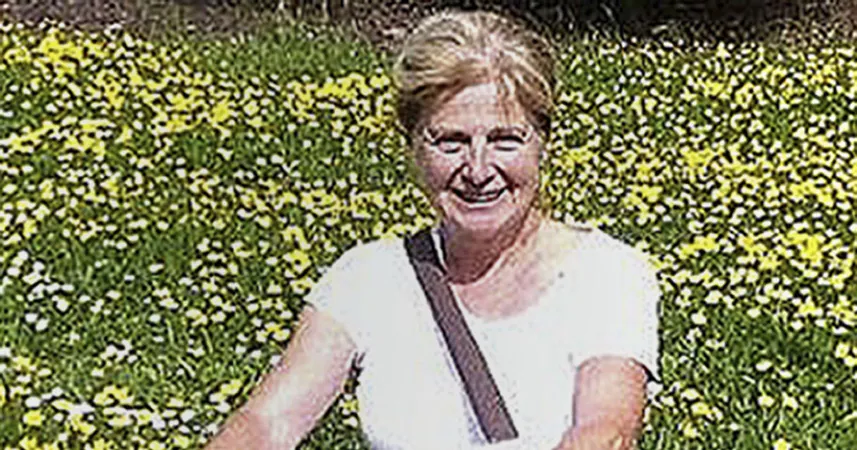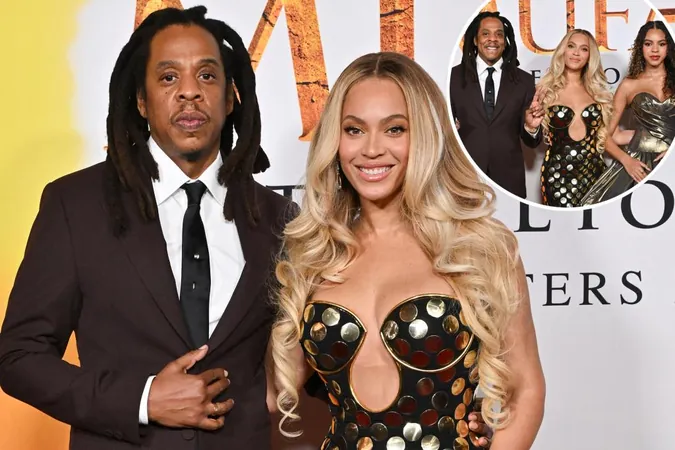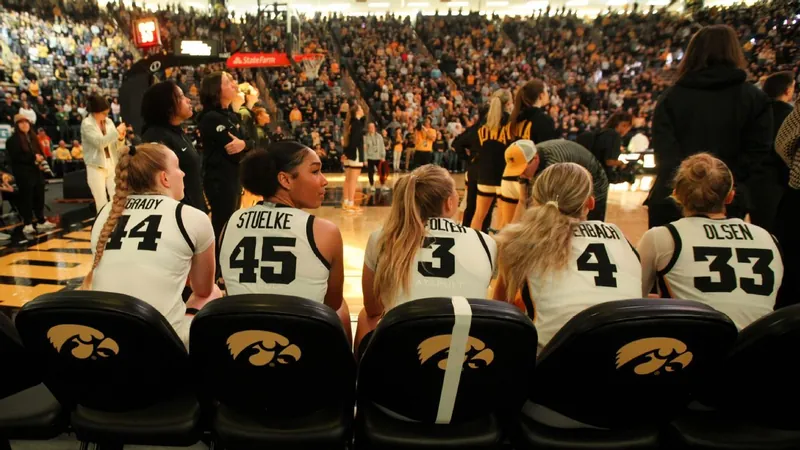
Georgia in Turmoil: Protests Escalate for Fourth Consecutive Night Amidst Political Crisis
2024-12-02
Author: Yan
Tens of thousands of Georgians took to the streets once again on Sunday as nationwide protests entered their fourth consecutive night.
Demonstrations were reported in at least eight cities, most notably in the capital, Tbilisi, where protesters erected roadblocks and restricted access to the Black Sea port of Poti.
The unrest escalated after the pro-Russian Georgian Dream party claimed victory in the contentious October 26 parliamentary elections.
Following the election results, which many opposition groups have disputed, the opposition has announced plans to boycott parliament, fueling anger among citizens.
Tensions spiked when Georgian Dream’s leadership conveyed its intention to pause the country’s bid to join the European Union, a move they justified by claiming it was necessary to protect Georgia from foreign interference.
Prime Minister Irakli Kobakhidze's announcement on Thursday sparked outrage among citizens who had hoped for closer integration with Europe.
President Salome Zurabishvili, who has labeled the Georgian Dream government as "illegitimate," publicly joined the protesters' call for new elections.
During a meeting with opposition leaders, she asserted, "We only have one demand... the only way to achieve stability is through new elections; there is no other way."
Protesters gathered outside the parliament building, waving EU flags and calling for action, with many wearing protective masks as police deployed tear gas to disperse crowds.
Reports indicate that police have forcefully pushed demonstrators back, leading to further unrest.
Kobakhidze, dismissive of calls for a re-vote, stated that the formation of the new government was already complete following the October elections.
However, the European Union has expressed serious concerns over the integrity of the electoral process, urging an investigation into reported irregularities and refusing to recognize the new Georgian Dream government.
The European Parliament officially rejected the election results, advocating for sanctions against Kobakhidze and other officials involved.
Ursula von der Leyen, President of the European Commission, reaffirmed the EU's supportive stance towards Georgia, expressing regret over the government’s decisions that diverge from EU values.
Zurabishvili has taken decisive steps against the Georgian Dream’s governance, disregarding its nomination for the presidency and announcing the establishment of a "national council" comprising various opposition parties to restore political stability.
In a worrying trend, police have employed heavy-handed tactics against protesters, including the use of rubber bullets, tear gas, and water cannons, leading to over 150 arrests.
This aggressive response has sparked international condemnation, with prominent figures like Kaja Kallas, EU's new foreign policy representative, urging the Georgian government to respect citizens' rights and adhere to constitutional principles.
Amid these escalating tensions, the specter of Russia looms large.
A significant majority of Georgians support EU membership, as enshrined in their constitution, yet the Georgian Dream party, aligned with pro-Russian sentiments, faces increasing scrutiny.
Notably, Hungarian Prime Minister Viktor Orban was quick to voice support for Georgian Dream’s victory, showcasing the party's controversial connections.
As Russia maintains a military presence in contested regions of Georgia since its invasion in 2008, officials in Moscow commented on the situation, suggesting it could lead Georgia into turmoil akin to Ukraine’s ongoing struggles.
The current unrest in Georgia underscores a critical moment for the nation, as citizens grapple with their desired direction between democratic aspirations and external influences, particularly from Russia.
The outcome of this crisis remains uncertain, but one thing is clear: the Georgian people are demanding change, and the world is watching.




 Brasil (PT)
Brasil (PT)
 Canada (EN)
Canada (EN)
 Chile (ES)
Chile (ES)
 España (ES)
España (ES)
 France (FR)
France (FR)
 Hong Kong (EN)
Hong Kong (EN)
 Italia (IT)
Italia (IT)
 日本 (JA)
日本 (JA)
 Magyarország (HU)
Magyarország (HU)
 Norge (NO)
Norge (NO)
 Polska (PL)
Polska (PL)
 Schweiz (DE)
Schweiz (DE)
 Singapore (EN)
Singapore (EN)
 Sverige (SV)
Sverige (SV)
 Suomi (FI)
Suomi (FI)
 Türkiye (TR)
Türkiye (TR)